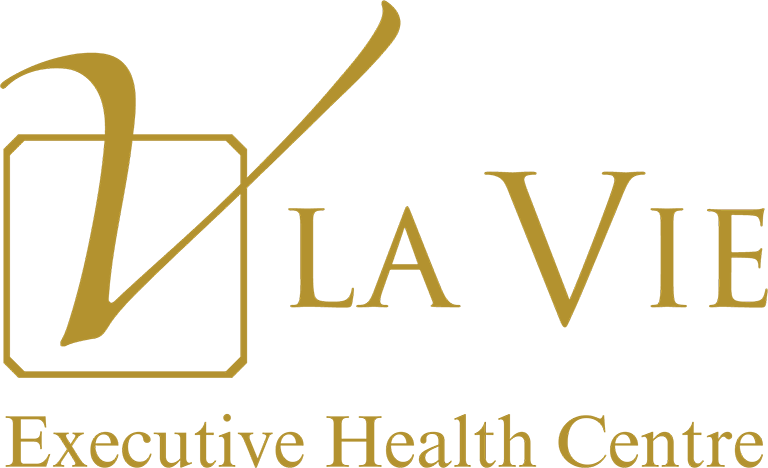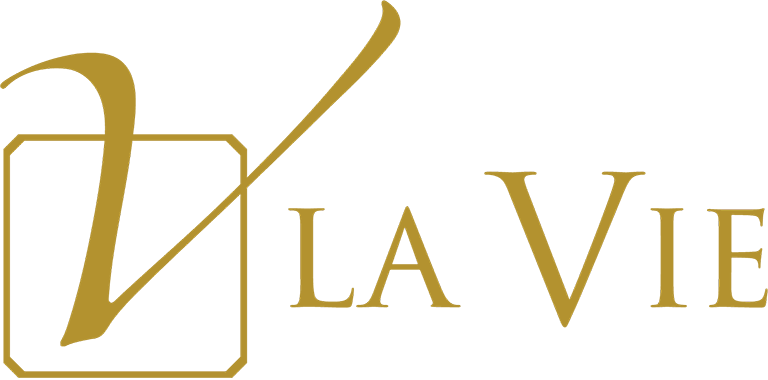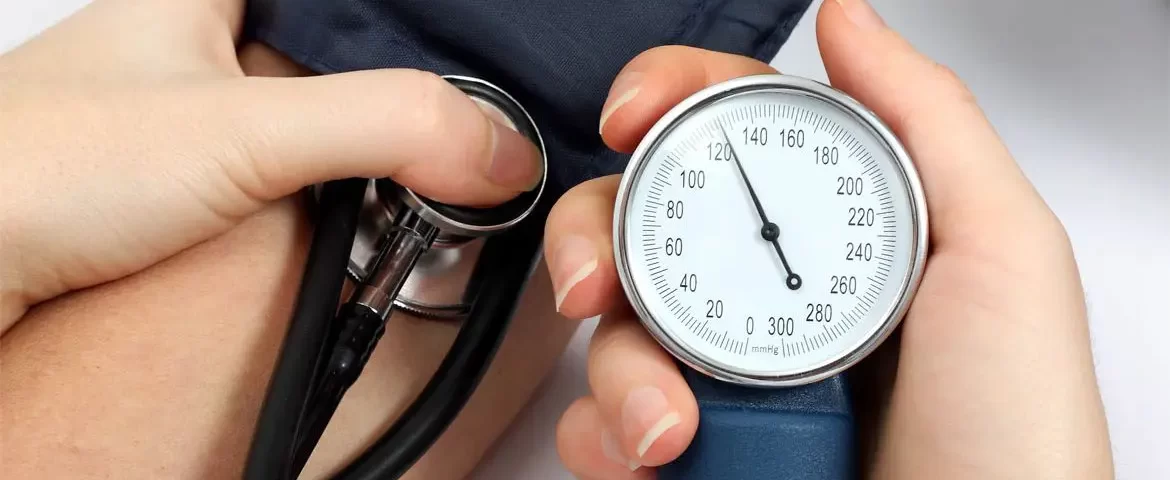- Home
- Locations
- For Individuals
- For Organizations
- CEO Health/Executive Assessment
- Independent Medical Assessments
- Employee Health
- Functional Abilities Evaluation Services
- Functional Medicine Evaluation (FME) Services
- Independent Medical Evaluation (IME) Services
- Job Site Assessment Services
- Labour Market Re-entry Assessment Service
- Neuropsychological Assessment Services
- Non-Medical Summary Services
- Physical Demands Analysis (PDA) Services
- Pre-Employment Medical Services
- Vocational and Employability Assessment Service
- For Diplomats
- About
- Contact
- Home
- Locations
- For Individuals
- For Organizations
- CEO Health/Executive Assessment
- Independent Medical Assessments
- Employee Health
- Functional Abilities Evaluation Services
- Functional Medicine Evaluation (FME) Services
- Independent Medical Evaluation (IME) Services
- Job Site Assessment Services
- Labour Market Re-entry Assessment Service
- Neuropsychological Assessment Services
- Non-Medical Summary Services
- Physical Demands Analysis (PDA) Services
- Pre-Employment Medical Services
- Vocational and Employability Assessment Service
- For Diplomats
- About
- Contact
- Home
- Locations
- For Individuals
- For Organizations
- CEO Health/Executive Assessment
- Independent Medical Assessments
- Employee Health
- Functional Abilities Evaluation Services
- Functional Medicine Evaluation (FME) Services
- Independent Medical Evaluation (IME) Services
- Job Site Assessment Services
- Labour Market Re-entry Assessment Service
- Neuropsychological Assessment Services
- Non-Medical Summary Services
- Physical Demands Analysis (PDA) Services
- Pre-Employment Medical Services
- Vocational and Employability Assessment Service
- For Diplomats
- About
- Contact
- Home
- Locations
- For Individuals
- For Organizations
- CEO Health/Executive Assessment
- Independent Medical Assessments
- Employee Health
- Functional Abilities Evaluation Services
- Functional Medicine Evaluation (FME) Services
- Independent Medical Evaluation (IME) Services
- Job Site Assessment Services
- Labour Market Re-entry Assessment Service
- Neuropsychological Assessment Services
- Non-Medical Summary Services
- Physical Demands Analysis (PDA) Services
- Pre-Employment Medical Services
- Vocational and Employability Assessment Service
- For Diplomats
- About
- Contact

5 Things You Need To Know About Irritable Bowel Syndrome
May 13, 2022
Subtle Signs of Health Conditions That Men Shouldn’t Ignore
July 13, 2022Most people with hypertension are unaware that they have a health problem because it may show no obvious symptoms. However, when these 7 symptoms occur, you mustn’t ignore them.
Chest Pain
You should always take chest pain seriously, no matter how mild it is. Your chest pain can signify many serious health conditions, including hypertension. The pain you feel may suggest that your heart has difficulty pushing blood through blood vessels. So, if you feel chest pain, don’t dismiss it and seek medical help to get evaluated.
Nosebleeds
Nosebleeds can occur for various reasons. Maybe you have a fragile blood vessel that bleeds easily or an infection in your nose lining. But, don’t dismiss nosebleeds as they can happen to people with high blood pressure. If it happens regularly, you should ask for medical help.
Changes in vision
High blood pressure can harm your eyesight as it affects your eyes’ blood vessels. If you suddenly feel a sudden change in your vision, like blurriness or blindness, it may be because of hypertension.
Shortness of breath and dizziness
Shortness of breath and dizziness after a mild physical activity could mean many things. Maybe you haven’t been active for a while or have other respiratory conditions. But still, it is one of the common symptoms of hypertension.
Chronic fatigue
It’s normal to get tired. But if it’s happening more often and affects your daily life, it may be a sign of hypertension. Because hypertension can cause your arteries to thicken and narrow, making your blood flow difficult. And when you have poor blood flow, it can affect your energy levels.
Headaches
In most cases, hypertension doesn’t cause headaches. However, when you have a severe headache paired with shortness of breath or chest pain, your blood pressure may be extremely high.
Nausea or vomiting
When your blood pressure reaches about 180/120 mm Hg, you may experience a severe headache, nausea, and vomiting. These may develop suddenly and require immediate medical attention.
Conclusion
These may be the common signs of hypertension that you shouldn’t ignore, but there’s no better way to know for sure than knowing your numbers.
If you want to know your blood pressure and the steps that you can take to reduce your risk, both of our offices are open for you! You can book an appointment by calling our office at (613) 592-0862, or you can have a patient advisor contact you by completing the form on this page.




